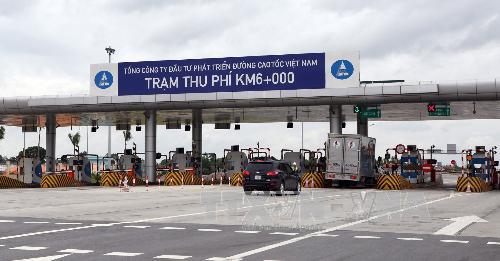In the near future, credit institutions and foreign bank branches operating in Vietnam would be required to elaborate their business strategies in conformity with the State’s environmental policies, imposing requirements on environmental protection and energy conservation for investment projects to which they provide credit.
This is provided in a draft circular on management of environmental and social risks in credit extension activities of credit institutions and foreign bank branches recently released by the State Bank of Vietnam.
As specified in the draft, the environmental and social risk management system of a credit institution or foreign bank branch is a set of policies, processes and procedures for assessment and supervision of environmental and social risks of projects and plans invested with credit capital granted by such institution.
The central bank also encourages credit institutions to proactively manage environmental and social risks in internal governance operations so as to minimize negative impacts on the environment and society, maximize the use of natural resources and concurrently, take the initiative in developing and improving their products and seeking socially and environmentally friendly business opportunities.
According to the State Bank, in the short term, credit institutions’ operation expenses might increase due to application of new regulations as they would have to spend money and time on the elaboration of new policies and procedures as well as on staff recruitment and training.
However, the implementation of sustainable credit policies would help credit institutions restrict risks and operate safely, efficiently and stably, the central bank stressed.-

